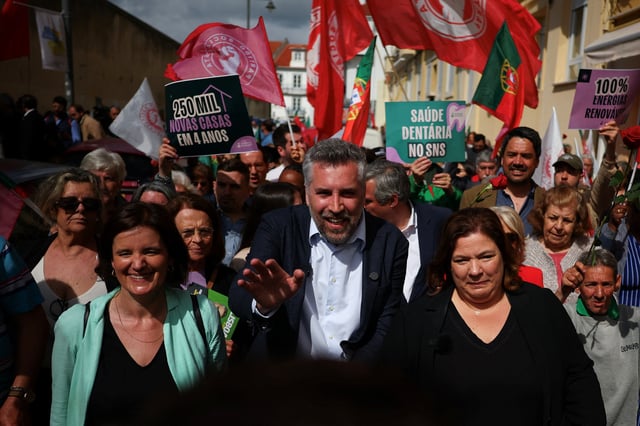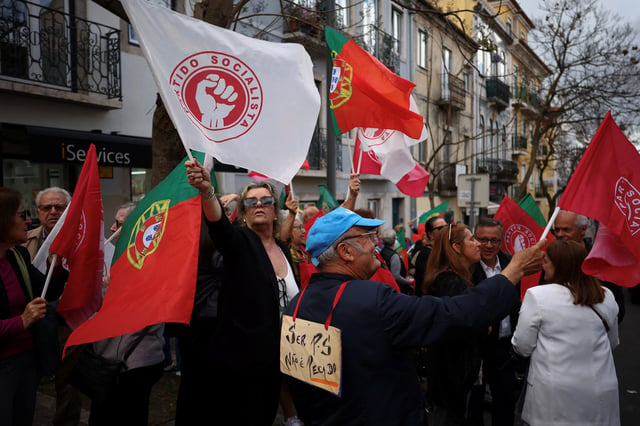Overview
- Prime Minister Luís Montenegro’s Democratic Alliance (AD) is projected to win 34% of the vote, but this remains well below the 42% needed for a parliamentary majority.
- The Socialist Party (PS) is polling second at 26–27%, while the far-right Chega party is holding steady at 17–19%, though its rhetoric makes it an unlikely coalition partner.
- The pro-business Liberal Initiative, polling at around 6–7%, is viewed as a potential ally for the AD, but their combined support still falls short of a majority.
- Voter fatigue and frustration with repeated elections have dampened campaign enthusiasm, with analysts predicting low turnout and continued political instability.
- Portugal’s economic vulnerabilities, including a Q1 GDP contraction of 0.5% and trade risks linked to U.S. tariffs, remain largely unaddressed in the election debate.



